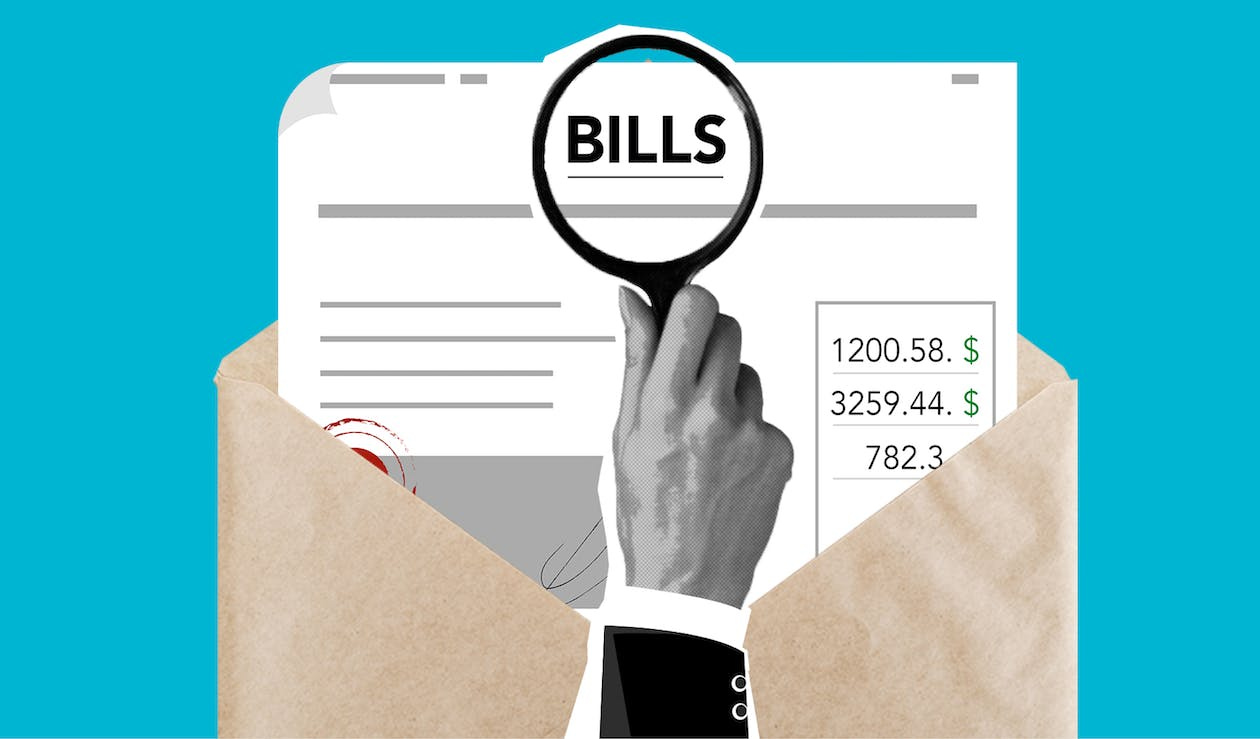Take Control of Your Finances: Beginner's Guide to Effective Money Management
Understanding Your Financial Landscape: A Roadmap to Financial Independence.
Taking control of your finances is crucial to building a secure and stable future. Whether you're taking the first steps towards financial stability or seeking to enhance your money management skills, this comprehensive beginner's guide equips you with invaluable insights and actionable tips to empower you on your financial journey.
"Don't save what is left after spending; spend what is left after saving." - Warren Buffett
Adopting effective money management practices allows you to gain financial freedom and make informed decisions that align with your goals. Let's dive in and explore the key steps to take control of your finances.
Set Clear Financial Goals
The first step towards effective money management is to define your financial goals. Whether striving to build a nest egg for a future home, secure retirement, or eliminate debts, setting clear financial goals ensures focus and motivation throughout your journey. Make your goals specific, measurable, attainable, relevant, and time-bound (SMART goals). This clarity will guide your financial decisions and keep you on track.
Create a Realistic Budget
A budget is a powerful tool to monitor your income and expenses, empowering you with financial awareness and control. Start by analyzing your current spending habits and identify areas to cut back. Allocate your payment to different categories such as housing, transportation, groceries, entertainment, and savings. Ensure that your expenses align with your financial goals and prioritize saving for emergencies and future needs.
Track Your Expenses
Tracking your expenses is crucial to understanding where your money is going. Use a budgeting application or a simple spreadsheet to record your expenses daily.
"Smart spending leads to long-term financial success."
Categorize them and compare them against your budget. This practice will help you identify unnecessary spending patterns, make informed choices, and stay accountable to your financial goals.
Build an Emergency Fund
"An emergency fund is not just a financial cushion; it's a lifeline that offers you stability and security when unexpected challenges arise."
Life is full of uncertainties. So, building an emergency fund is crucial. Aim to save three to six months' living expenses in a separate savings account. This fund will provide a safety net during unexpected situations like job loss, medical emergencies, or unforeseen expenses. Contribute to your emergency fund regularly, even if small, and watch it grow over time.
Minimize Debt and Manage Credit Wisely
Debt can pose a significant barrier to achieving financial freedom. Give priority to paying off high-interest debts like credit cards or personal loans, as this will significantly impact your financial situation. Create a debt repayment plan and consider debt consolidation options if necessary. Furthermore, adopt responsible credit card habits by consistently paying off the monthly balance. You can avoid late fees and interest charges, promoting financial stability and preventing unnecessary debt.
"A well-managed budget is the foundation of a strong financial future."
Save and Invest for the Future
While saving is important, investing can help your money grow over time. Educate yourself about investment options such as stocks, bonds, mutual funds, or real estate. Consider seeking advice from a financial advisor to help you create an investment strategy aligned with your goals and risk tolerance.
Review and Adjust Regularly
Financial management is an ongoing process. Regularly review your economic progress, reassess your goals, and adjust as needed. Celebrate your milestones and stay motivated by tracking your progress. Seek opportunities to learn more about personal finance, explore new ways to save and invest, and stay proactive in managing your money.
Taking control of your finances requires discipline, planning, and perseverance. By following this beginner's guide to effective money management, you'll develop essential skills and habits that will positively impact your financial well-being. Remember, financial freedom is attainable for everyone, regardless of income level. Take that first step today and embrace the power of financial control to build a brighter future.
Thank you for reading YourLifeInsights. Please consider sharing and subscribing to show your support. Your time and support are greatly appreciated.







